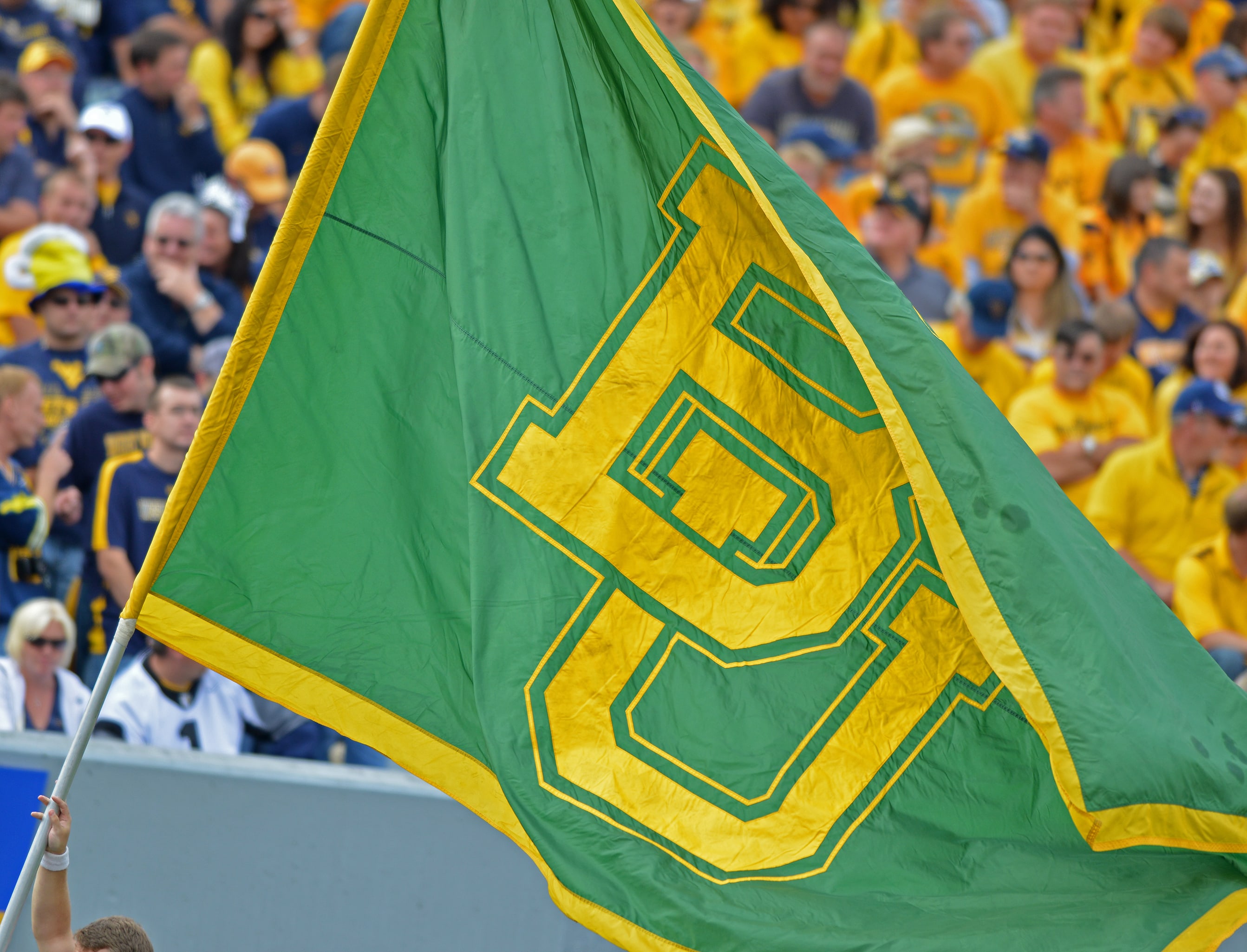This article was republished with permission from Tom Fox’s FCPA Compliance and Ethics Blog.
Daryl Dawkins died yesterday. To anyone who followed the National Basketball League (NBA), Dawkins will always be remembered with the brilliant Stevie Wonder-derived moniker, “Chocolate Thunder.” I will also remember him for three things:
First, he was one of the very rare high school stars who went straight to the NBA with no college stop and was successful. The second, when he squared off to fight Maurice Lucas of the Portland Trailblazers during the 1977 NBA finals. Let’s just say Dawkins’ slaps at Lucas did not come close to hitting their mark. Number three, his thundering dunks, particularly one in a game against the Kansas City Kings at Kemper Arena on November 11, 1979; Dawkins threw down such a massive dunk that the backboard shattered. Then three weeks later, he did it again.
As noted, Dawkins was one of a very few high school-to-NBAers who did even passably well. His contemporary, Bill (Pugh) Willoughby, had some success with Atlanta and, of course, Moses Malone had a Hall of Fame career, later taking those now Dawkins-less Philadelphia 76ers to the NBA Promised Land in 1983. I thought about Dawkins and his lack of college seasoning while reading the absolutely disgusting story of Art Briles, the University of Baylor, its football team and the saga of Sam Ukwuachu.
Jessica Luther and Dan Solomon have been following this sorry spectacle. In an article in Texas Monthly entitled “Silence at Baylor,” they wrote:
“Ukwuachu transferred to Baylor in May 2013 because he had been kicked off the Boise State team for a previous incident of violence involving a female student; … Ukwuachu claimed after the transfer was announced that Baylor’s coaches ‘knew everything’ about what happened in Idaho; and, as indicated by court documents obtained by Texas Monthly, the two programs had some communication regarding Ukwuachu in which Boise State officials expressed reticence about supporting the player’s efforts to get back on the field.”
Art Briles, the Baylor head football coach, claimed that he was never informed from anyone at Boise State about Ukwuachu’s prior incident, even implying they had covered it up. Yet Chris Petersen, then head coach at Boise State and now head coach at the University of Washington, said he had fully disclosed to Briles the details about Ukwuachu. Petersen said in a statement, “After Sam Ukwuachu was dismissed from the Boise State football program and expressed an interest in transferring to Baylor, I initiated a call with coach Art Briles… In that conversation, I thoroughly apprised Coach Briles of the circumstances surrounding Sam’s disciplinary record and dismissal.” It is known that Boise State did not support any waiver that would have allowed Ukwuachu to play immediately for Baylor upon his transfer. In the fall of 2014 Ukwuachu sexually assaulted a female soccer player. Ukwuachu was indicted and convicted this month of second-degree sexual assault. His sentence: 180 days in jail and 10 years probation.
Briles and Baylor have claimed they are really the aggrieved party here because if Coach Petersen or anyone at Boise State had told them that Ukwuachu had been disciplined or dismissed from the Boise State team for sexual assault, they would never have given him a full scholarship to Baylor. This means Briles and Baylor would have simply ignored the football facts that Ukwuachu was a Freshman All-American and highly recruited high school athlete. Indeed, in early June of this year, Baylor defensive coordinator Phil Bennett said at a luncheon in Fort Worth for the Baylor Sports Network that he expected Ukwuachu to play this year. This was in the face of a trial scheduled to begin some two months later.
All of this was overlaid by a university which, if not trying to suppress all this news about Ukwuachu, certainly did nothing to alert its student body that a scholarship athlete was on trial for sexual assault. Moreover, according to Luther and Solomon in Texas Monthly, “the details about the investigation conducted by Baylor that came out during the trial reveal one that was shockingly brief: It involved reading text messages, looking at a polygraph test Ukwuachu had independently commissioned – which is rarely admissible in court – and contacting Ukwuachu, Doe and one witness on behalf of each of them.”
I thought about this sorry state of affairs at Baylor in the context of the Foreign Corrupt Practices Act (FCPA) and anti-corruption compliance programs. There is a clear reason why the responsibility should be on any company which wants to employ a third party to act on its behalf to do thorough due diligence on that agent. If this was not the situation, companies would make claims similar to those made by Baylor Coach Briles that “no one told me about Ukwuachu.” If Briles had accepted his responsibility for bringing a player into the university and onto his team, he might have understood the importance of knowing who you are dealing with going forward.
It is incumbent upon a company to evaluate and address its risks regarding third parties. This means that an appropriate level of due diligence may vary depending on the risks arising from the particular relationship. So, for example, the appropriate level of due diligence required by a company when contracting for the performance of IT services may be low, to reflect low risks of bribery on its behalf. Conversely, a business entering into the international energy market and selecting an intermediary to assist in establishing a business in such markets will typically require a much higher level of due diligence to mitigate the risks of bribery on its behalf.
Our British compliance cousins are, of course, subject to the UK Bribery Act. In its Six Principles of an Adequate Procedures compliance program, the UK Ministry of Justice (MOJ) stated, “The commercial organisation applies due diligence procedures, taking a proportionate and risk-based approach, in respect of persons who perform or will perform services for or on behalf of the organisation, in order to mitigate identified bribery risks.” The purpose of this principle is to encourage businesses to put in place due diligence procedures that adequately inform the application of proportionate measures designed to prevent persons associated with a company from bribing on their behalf. The MOJ recognized that due diligence procedures act both as a procedure for anti-bribery risk assessment and as a risk-mitigation technique. The MOJ said that due diligence is so important that “the role of due diligence in bribery risk mitigation justifies its inclusion here as a Principle in its own right.”
The onus put on companies too not only do compliance but to “document, document and document” that effort provides the incentive needed to comply with the law. If there was not such an incentive, you have would have corporations crying out now like Baylor Coach Briles that it was the responsibility of the school and team which dismissed him to alert them about Ukwuachu’s past misdeeds. Fortunately for FCPA compliance and the greater anti-corruption compliance community, the Department of Justice and Securities and Exchange Commission do not see things in such a light.
As to Chocolate Thunder, at one point in his career, Dawkins said that he was an alien from the Planet Lovetron. Alien or human, I hope you will join me in wishing a smooth trip to the great hereafter to one of the NBA’s most unique characters.
This publication contains general information only and is based on the experiences and research of the author. The author is not, by means of this publication, rendering business advice, legal advice or other professional advice or services. This publication is not a substitute for such legal advice or services, nor should it be used as a basis for any decision or action that may affect your business. Before making any decision or taking any action that may affect your business, you should consult a qualified legal advisor. The author, his affiliates and related entities shall not be responsible for any loss sustained by any person or entity that relies on this publication. The author gives his permission to link, post, distribute or reference this article for any lawful purpose, provided attribution is made to the author. The author can be reached at tfox@tfoxlaw.com.



 Thomas Fox has practiced law in Houston for 25 years. He is now assisting companies with FCPA compliance, risk management and international transactions.
He was most recently the General Counsel at Drilling Controls, Inc., a worldwide oilfield manufacturing and service company. He was previously Division Counsel with Halliburton Energy Services, Inc. where he supported Halliburton’s software division and its downhole division, which included the logging, directional drilling and drill bit business units.
Tom attended undergraduate school at the University of Texas, graduate school at Michigan State University and law school at the University of Michigan.
Tom writes and speaks nationally and internationally on a wide variety of topics, ranging from FCPA compliance, indemnities and other forms of risk management for a worldwide energy practice, tax issues faced by multi-national US companies, insurance coverage issues and protection of trade secrets.
Thomas Fox can be contacted via email at tfox@tfoxlaw.com or through his website
Thomas Fox has practiced law in Houston for 25 years. He is now assisting companies with FCPA compliance, risk management and international transactions.
He was most recently the General Counsel at Drilling Controls, Inc., a worldwide oilfield manufacturing and service company. He was previously Division Counsel with Halliburton Energy Services, Inc. where he supported Halliburton’s software division and its downhole division, which included the logging, directional drilling and drill bit business units.
Tom attended undergraduate school at the University of Texas, graduate school at Michigan State University and law school at the University of Michigan.
Tom writes and speaks nationally and internationally on a wide variety of topics, ranging from FCPA compliance, indemnities and other forms of risk management for a worldwide energy practice, tax issues faced by multi-national US companies, insurance coverage issues and protection of trade secrets.
Thomas Fox can be contacted via email at tfox@tfoxlaw.com or through his website 





